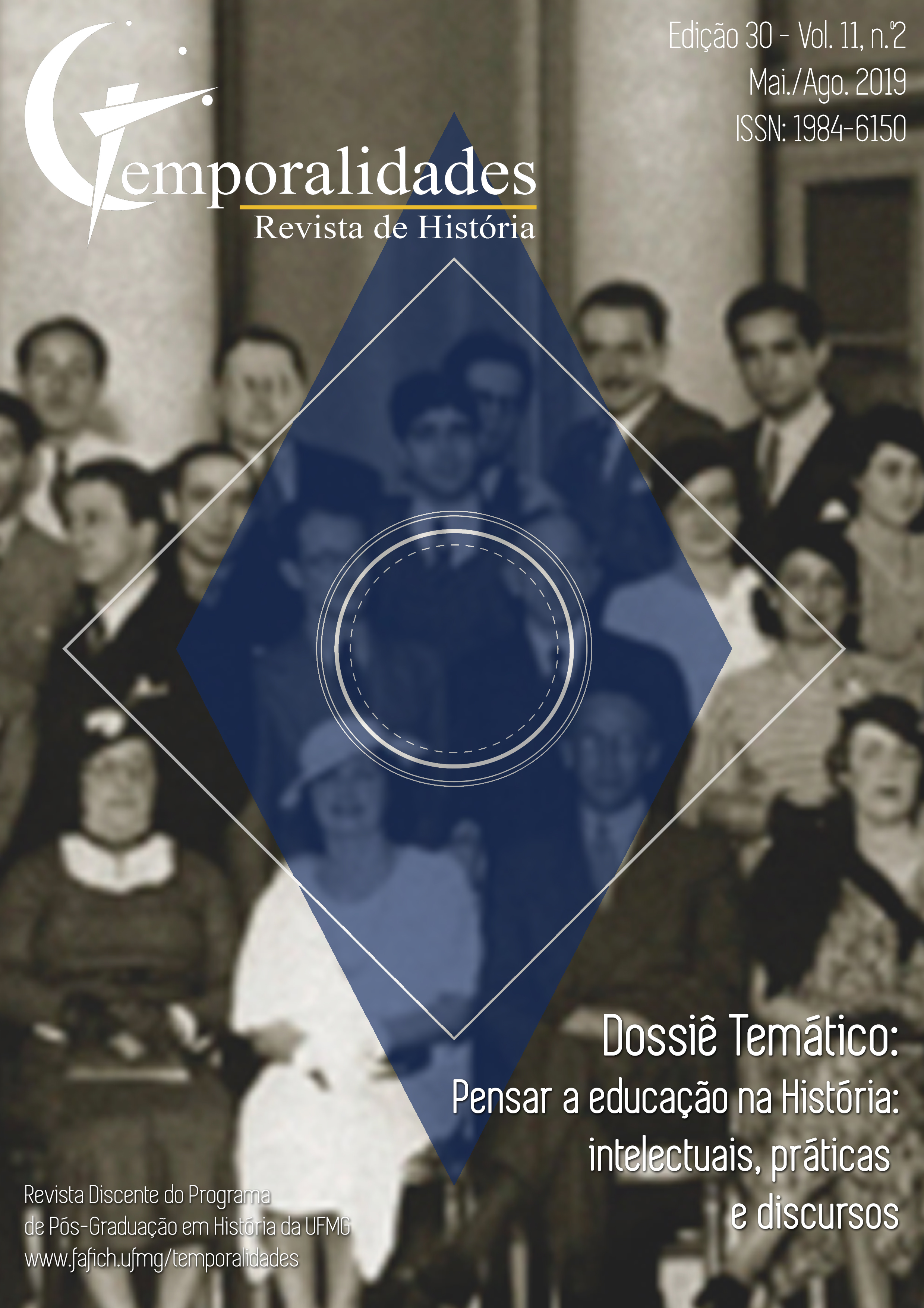Bolitioning as a reform project: controlled freedom
Abstract
ABSTRACT: In observing the Brazilian abolitionist movement in Alagoas's perspective, it is evident in the discourses conveyed in the newspapers that the question of the freedom of blacks was accompanied by the idea of reform, that is, to abolish slavery in a safe way, without major damage to the economy and structure. A landmark in this reform was the Free Womb Law, seeking to solve the problem of the "servile element" through a reform that could reconcile the political and economic interests of dominant groups to maintain the status quo and avoid a "revolution" . From this law opened a period in which abolitionist propaganda was characterized as such and from it emerged two projects for the end of slavery: that of the emancipators and that of the abolitionists. The former defended the end of slave labor through Parliament, with laws that would guarantee the owners' compensation and gradually. The abolitionists, however, were supporters of an immediate and unjust Abolition.
Downloads
Downloads
Published
Issue
Section
License
O(A) autor(a), para fins de submissão à revista Temporalidades, deve declarar que o trabalho aqui submetido é de autoria do mesmo e nunca foi publicado em qualquer meio, seja ele impresso ou digital.
O(A) autor(a) também declara estar ciente das seguintes questões:
Os direitos autorais para artigos publicados na Temporalidades são do autor, com direitos de primeira publicação para o periódico;
Em virtude de aparecerem nesta revista de acesso público, os artigos são de uso gratuito;
A revista permitirá o uso dos trabalhos publicados para fins não-comerciais, incluindo direito de enviar o trabalho para bases de dados de acesso público.
A Temporalidades adota a licença internacional Creative Commons 4.0 (CC BY).







